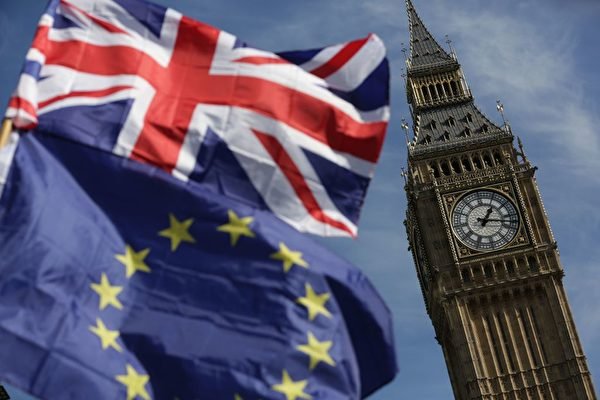Before the leader of the Chinese Communist Party (CCP) embarks on his visit to Europe, recent spy cases have been exposed in Germany, the United Kingdom, and Sweden. Analysts point out that in the past, Europe completely denied the dangers posed by CCP spies, but now they are no longer so naive and are focused on defending European interests.
According to reports by the Voice of America and the Chinese-language edition of The New York Times on Monday, Europe was shocked by three CCP spy cases last week, involving a total of six individuals – two in the UK and four in Germany. Following this, the European Union conducted raids on the European offices of Nuctech, a CCP security equipment supplier, located in Poland and the Netherlands.
Additionally, earlier this month, Sweden expelled a Chinese “journalist” who had been living in the country for 20 years, suspecting her of posing a threat to national security.
As Europe finds itself surrounded by a shadow of espionage just before Xi Jinping’s upcoming visit to Europe, experts studying Chinese issues say that the accusations and recent string of lawsuits indicate that European countries are stepping up their response to CCP espionage activities.
Experts on Chinese affairs in the UK, such as Martin Thorley, have noted that countries have been forced to face reality. He mentioned that during the tenure of former Prime Minister David Cameron, who promoted a “golden era” of China-UK friendship, the CCP easily cultivated ties with British political and business figures, a move that is now ridiculed as a “golden mistake.”
Since 2022, Germany’s security agencies have continuously warned of the risks of trusting the CCP. The head of Germany’s Federal Office for the Protection of the Constitution, Thomas Haldenwang, once remarked after Russia’s invasion of Ukraine, “Russia is the storm, China is the ‘climate change’.”
Last summer, the BfV agency, a German acronym, issued an unusual warning stating, “In recent years, the Chinese government (CCP) and party leadership have significantly increased efforts to obtain high-quality political information and influence foreign decision-making processes.”
Ivana Karaskova, a China affairs researcher at the AMO Institute for International Relations in the Czech Republic, pointed out that over the years, conflicts have intermittently arisen between Europe and China on trade issues, but now Europe has “lost patience with China (CCP).”
She noted that while the CCP still has firm allies within the European Union, especially Hungary, Europe’s stance has shifted. Previously denying the dangers posed by CCP espionage and influence, Europe now takes a more realistic view and aims to defend European interests in the face of China (CCP).
British intelligence officials have estimated that the CCP has deployed 20,000 individuals solely in the UK to work for their intelligence agencies and gather intelligence through platforms like LinkedIn.
A British citizen, Peter Humphrey, who conducted due diligence for pharmaceutical company GlaxoSmithKline (GSK), was accused by the CCP of illegally obtaining personal information. He and his wife were imprisoned in Shanghai for two years.
During Cameron’s visit to Shanghai in 2013, Humphrey was incarcerated, and he recalled, “For commercial interests, no one in the upper echelons of the UK government wanted to hear anything negative about China (CCP). Disgusting.”
Humphrey stated, “It took us too long to wake up, but we finally see some actions being taken.”
(Source: Central News Agency)

